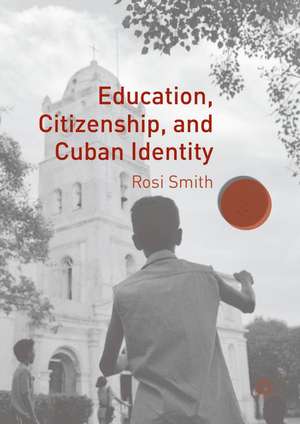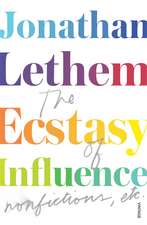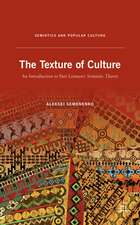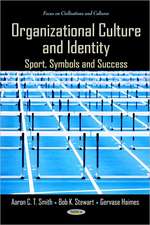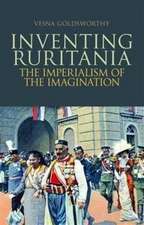Education, Citizenship, and Cuban Identity
Autor Rosi Smithen Limba Engleză Hardback – 29 iul 2016
This book explores how Cuba’s famously successful and inclusive education system has formed young Cubans’ political, social, and moral identities in a country transfigured by new inequalities and moral compromises made in the name of survival. The author examines this educational experience from the perspective of those who grew up in the years of economic crisis following the fall of the Soviet Union, charting their ideals, their frustrations and their struggle to reconcile revolutionary rhetoric with twenty-first century reality.
Preț: 390.63 lei
Nou
Puncte Express: 586
Preț estimativ în valută:
74.74€ • 78.05$ • 61.72£
74.74€ • 78.05$ • 61.72£
Carte tipărită la comandă
Livrare economică 15-29 aprilie
Preluare comenzi: 021 569.72.76
Specificații
ISBN-13: 9781137583055
ISBN-10: 1137583053
Pagini: 263
Ilustrații: XI, 278 p.
Dimensiuni: 148 x 210 x 21 mm
Greutate: 0.48 kg
Ediția:1st ed. 2016
Editura: Palgrave Macmillan US
Colecția Palgrave Macmillan
Locul publicării:New York, United States
ISBN-10: 1137583053
Pagini: 263
Ilustrații: XI, 278 p.
Dimensiuni: 148 x 210 x 21 mm
Greutate: 0.48 kg
Ediția:1st ed. 2016
Editura: Palgrave Macmillan US
Colecția Palgrave Macmillan
Locul publicării:New York, United States
Cuprins
Acknowledgements.- Introduction: Learning Your Place.- Chapter One: Education and Ideology in Cuba.- Chapter Two: ‘Tomorrow’s Heroes’.- Chapter Three: The Emergente Generation.- Chapter Four: The Lost Generation?.- Conclusion: Cuban Citizenship Education in Context.- Bibliography.- Appendix A: Record of Interviews Conducted (Youth).- Appendix B: Record of Interviews Conducted (Experts).
Notă biografică
Rosi Smith is an educator based in Nottingham, UK. She has worked in secondary, further, and higher education, largely in programs for marginalized young people. Her PhD thesis The Lost Generation?: Education and the Search for the New Cuban Citizen Identity analyzed the role of education in the formation of the political and social citizen identities of today’s young Cubans.
Textul de pe ultima copertă
This book explores how Cuba’s famously successful and inclusive education system has formed young Cubans’ political, social, and moral identities in a country transfigured by new inequalities and moral compromises made in the name of survival. The author examines this educational experience from the perspective of those who grew up in the years of economic crisis following the fall of the Soviet Union, charting their ideals, their frustrations and their struggle to reconcile revolutionary rhetoric with twenty-first century reality.
